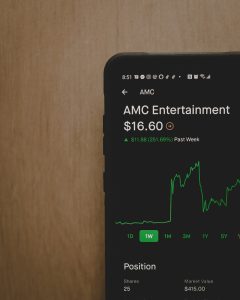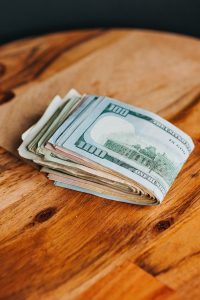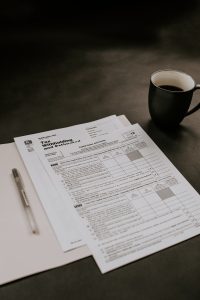Forex, also known as foreign exchange, is the global decentralized market for trading currencies. It is the largest financial market in the world, with an average daily trading volume of over $5 trillion. The forex market operates 24 hours a day, five days a week, and is accessible to anyone with an internet connection.
Forex traders make money by buying and selling currencies, with the hope of making a profit from the fluctuations in their values. But who produces the forex results? The answer is a combination of individual traders, brokers, and financial institutions.
Individual Traders
Individual traders are the backbone of the forex market. These are retail traders who trade currencies for their own account, using their own money. They are often referred to as “retail traders” to distinguish them from institutional traders who trade on behalf of banks and other financial institutions.
Individual traders can access the forex market through a broker. A broker is a firm that provides a platform for traders to buy and sell currencies. The broker acts as an intermediary between the trader and the market, providing access to liquidity and price quotes from various financial institutions.
Individual traders use various trading strategies to make money in the forex market. Some traders use technical analysis, which involves studying charts and patterns to identify trading opportunities. Others use fundamental analysis, which involves studying economic and geopolitical events to predict currency movements.
Brokers
Brokers play a crucial role in the forex market. They provide the platform for traders to access the market and execute trades. Brokers make money by charging a commission on each trade or by marking up the spread between the bid and ask price of a currency pair.
Brokers also provide traders with various tools and resources to help them make better trading decisions. These include charting software, news feeds, economic calendars, and educational materials.
There are many forex brokers to choose from, and traders should do their due diligence before selecting a broker. Factors to consider include regulation, reputation, trading platform, customer support, and fees.
Financial Institutions
Financial institutions, such as banks and hedge funds, are the largest players in the forex market. These institutions trade currencies on behalf of their clients, which can include other financial institutions, corporations, and individual investors.
Financial institutions have access to vast resources and expertise, which gives them an advantage over individual traders. They can also move large amounts of money in and out of the market, which can affect currency prices.
Financial institutions use various trading strategies to make money in the forex market. These can include algorithmic trading, which uses computer programs to execute trades based on predefined rules, and high-frequency trading, which involves using advanced technology to execute trades at lightning-fast speeds.
Conclusion
In conclusion, the forex market is a complex ecosystem that involves individual traders, brokers, and financial institutions. Each of these players plays a crucial role in producing the forex results. Individual traders provide liquidity and make up the majority of the market, while brokers provide the platform for traders to access the market. Financial institutions are the largest players in the market, with vast resources and expertise. Understanding the role of each player is essential for anyone who wants to trade forex successfully.





